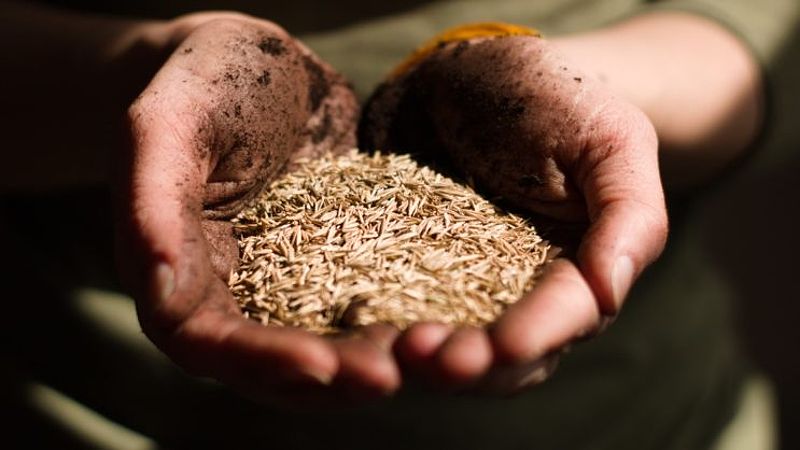Discover how the increasing demand for organic food and concerns about pollution are driving the growth of organic farming practices and the demand for organic seeds. Learn about the environmental benefits, favorable regulations, and the positive outlook for the organic seed market.
The Growing Demand for Organic Seeds: A Sustainable Solution for Health and Environment
The demand for organic food has been steadily increasing in recent years, driven by concerns about pollution and its impact on human health. Pollution levels have risen due to urbanization and industrial growth, leading to the adulteration of various food products. Studies have shown a link between this pollution and an increase in diseases like cancer. In fact, cancer is one of the leading causes of death globally, accounting for around 10 million deaths in 2020 alone.

( Credit to: Foodengineeringmag )
To combat this issue, there has been a growing adoption of organic farming practices. Organic farming relies less on chemicals and pesticides, making it a healthier and more sustainable option. As of 2020, 190 countries around the world were engaged in organic farming activities, with organic agricultural land accounting for 1.6% of the total agricultural land.
Organic farming projects, supported by both government and non-government organizations, have been implemented in developing economies like India. These projects aim to guide farmers in conducting farming through organic methods, such as eliminating the use of chemicals and fertilizers. These initiatives highlight the potential of organic farming in developing economies, which will drive the demand for organic seeds.
The Popularity of Organic Food and its Impact on Organic Seed Consumption
The popularity of organic food products has also contributed to the increase in organic seed consumption. During the pandemic, there was a heightened focus on boosting immune health, leading people to gravitate towards healthier food choices. The demand for organic food remained strong, even among flexitarian consumers. According to the Organic Trade Association, organic sales exceeded $63 billion in 2021, with food sales constituting over 90% of the total organic sales.
Organic seeds offer several environmental benefits, as they help limit pollution in the seed production process. With a rise in pest attacks and the need to safeguard crops, the use of pesticides has increased. However, organic seeds provide an alternative solution that reduces the need for harmful pesticides. This factor, coupled with the increasing awareness of the negative impacts of conventional seeds, will drive the growth of the organic seed industry.
Favorable Regulatory Norms and the Growth of the Organic Seed Market
Favorable regulatory norms across different countries also contribute to the growth of the organic seed market. Regulations mandate the use of organic inputs in organic seed production, further promoting the adoption of organic farming practices. These regulations create a favorable environment for organic products and will continue to drive the demand for organic seeds in the coming years.
Conclusion
In conclusion, the demand for organic food and the need to address pollution and its impact on human health have led to the growth of organic farming practices. This, in turn, has increased the demand for organic seeds. The popularity of organic food products, the environmental benefits of organic seeds, and favorable regulatory frameworks all contribute to the positive outlook for the organic seed market.
